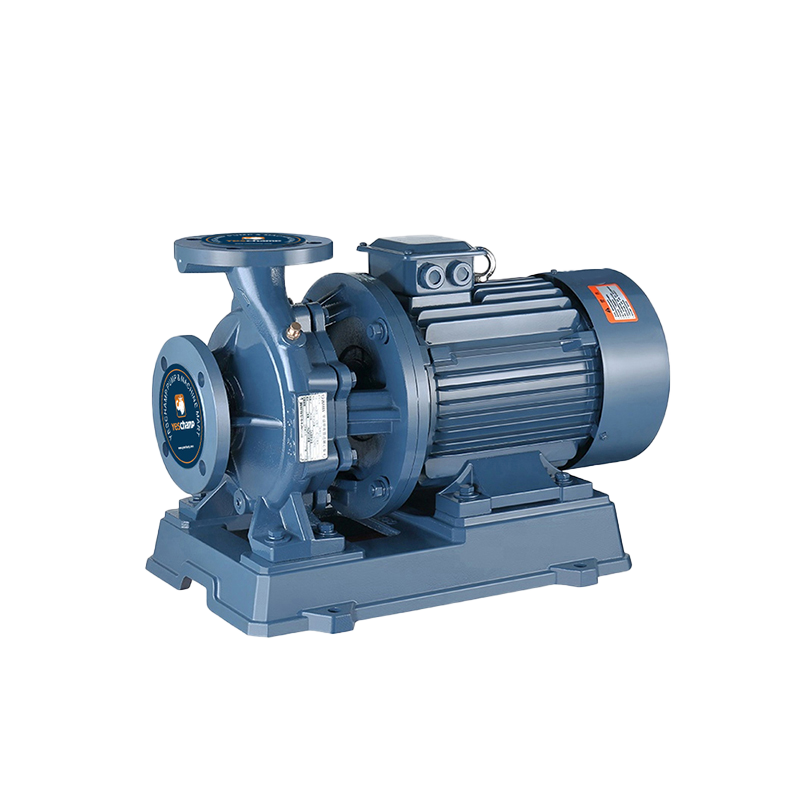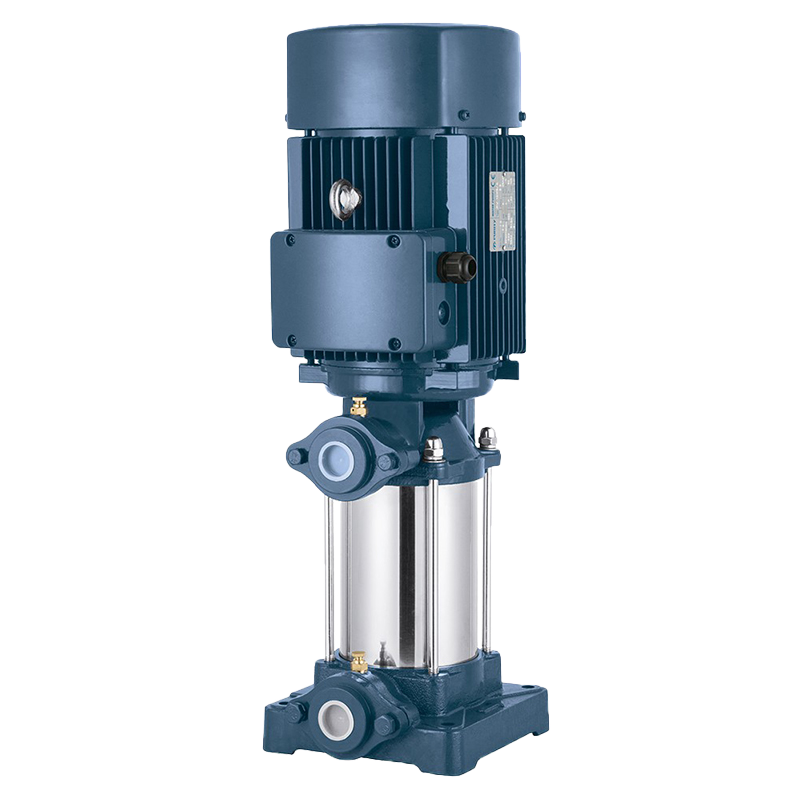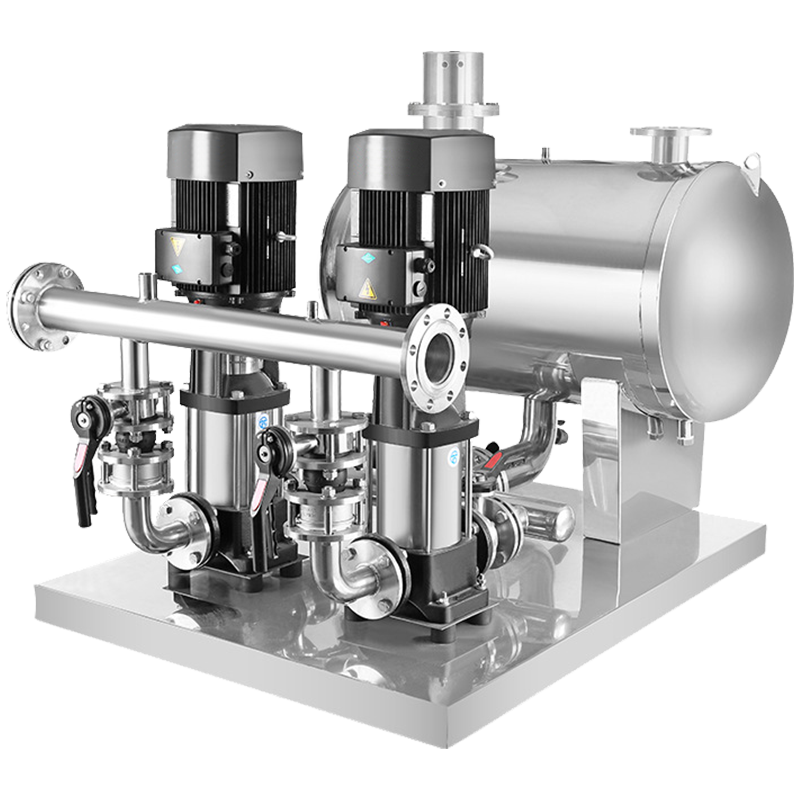Understanding Water Supply Systems: Essential Components for Reliable Water Delivery
A water supply system is a crucial infrastructure that ensures the delivery of clean and safe water to homes, businesses, and industries. This system encompasses various components and processes designed to source, treat, and distribute water efficiently. In this article, we will explore the key elements of water supply systems, their functions, and their significance in modern society.
What is a Water Supply System?
A water supply system refers to the network of facilities and processes that provide water from its source to end users. This includes everything from water treatment plants to distribution pipelines that deliver water to households and businesses. The primary goal of a water supply system is to ensure a continuous supply of potable water while maintaining quality and safety standards.
Key Components of Water Supply Systems
1. Water Sources
Water supply systems rely on various sources, including:
Surface Water:
Rivers, lakes, and reservoirs are common sources of water.
Groundwater:
Wells and aquifers provide essential groundwater resources.
Rainwater Harvesting:
Capturing and storing rainwater is becoming increasingly popular for supplemental supply.
2. Water Treatment Facilities
Once sourced, water must be treated to remove impurities and harmful contaminants. Treatment processes may include:
Filtration:
Removing suspended solids and particulates.
Disinfection:
Using chemicals like chlorine or ultraviolet light to kill pathogens.
Chemical Treatment:
Adjusting pH levels and removing heavy metals.
3. Distribution Network
After treatment, water is transported through a network of pipes to reach end users. Key elements include:
Pipelines:
A network of pipes that carry water to homes and businesses.
Pump Stations:
Facilities that help maintain pressure and ensure a steady flow of water.
Storage Tanks:
Reservoirs that store treated water before distribution.
4. Monitoring and Control Systems
Modern water supply systems incorporate advanced monitoring technologies to ensure safety and efficiency. These systems may include:
SCADA Systems:
Supervisory Control and Data Acquisition systems for real-time monitoring and control.
Leak Detection Technologies:
Tools to identify leaks in the distribution network, minimizing water loss.
Importance of Water Supply Systems
Public Health:
Reliable water supply systems are vital for public health, providing safe drinking water to prevent waterborne diseases.
Economic Development:
Access to clean water supports industries, agriculture, and overall economic growth.
Environmental Sustainability:
Efficient water management helps preserve natural resources and protect ecosystems.
Water supply systems are essential for delivering clean and safe water to communities. Understanding their components and functions can help us appreciate the infrastructure that supports our daily lives. As urbanization and population growth continue, investing in reliable water supply systems is crucial for ensuring sustainability and public health. For expert advice on water supply solutions and infrastructure, contact us today!
 English
English عربى
عربى
 Fire Pump and System
Fire Pump and System Split Case Pump
Split Case Pump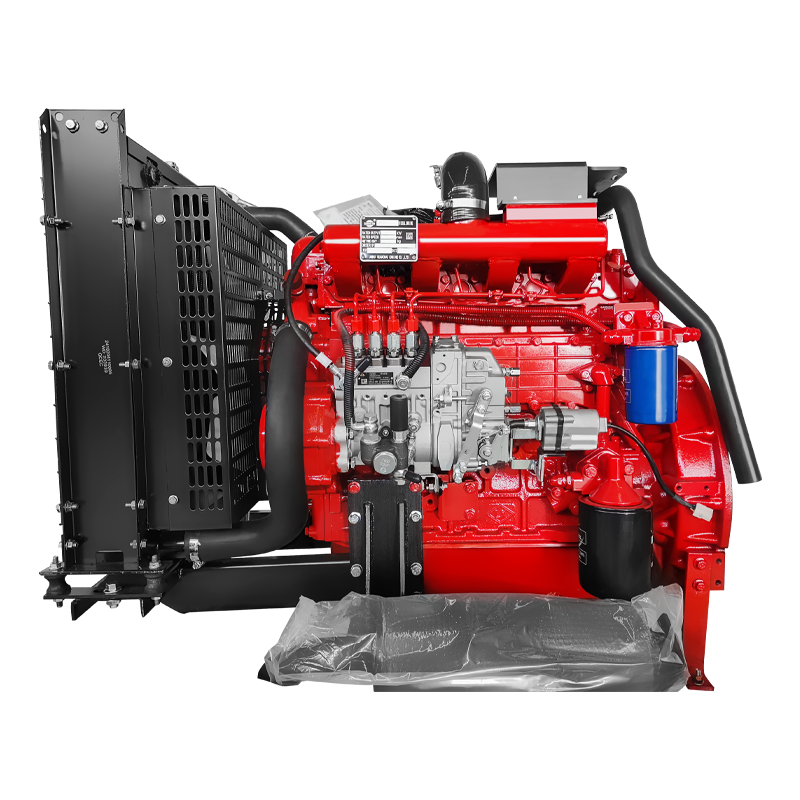 Engine and Pump
Engine and Pump Long Shaft Pump
Long Shaft Pump Multistage pump
Multistage pump Water Supplier System
Water Supplier System Sewage Pump
Sewage Pump Industrial Pump
Industrial Pump Self-Priming Pump
Self-Priming Pump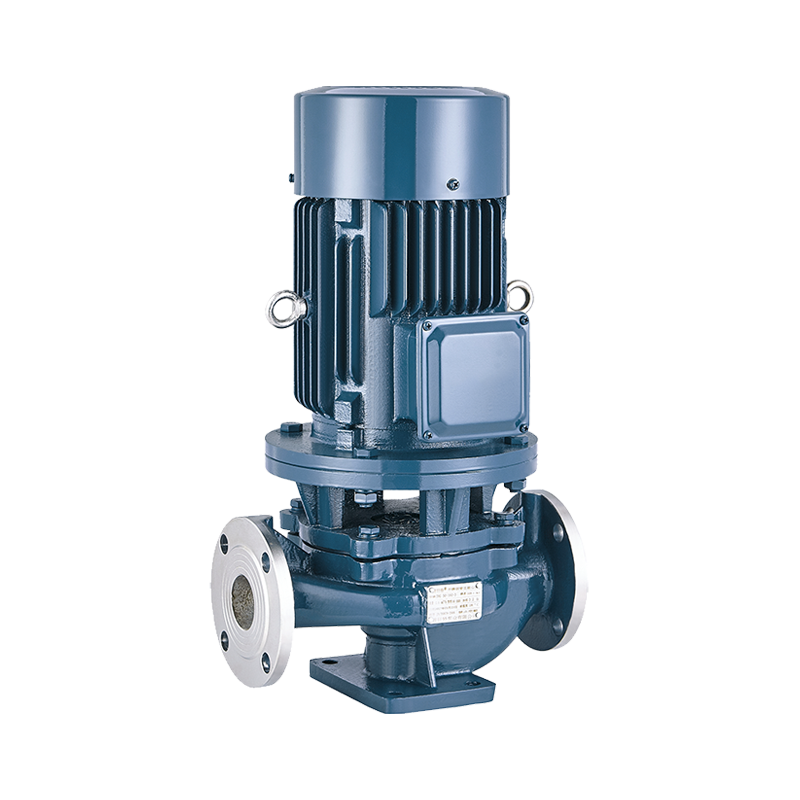 Inline Pump
Inline Pump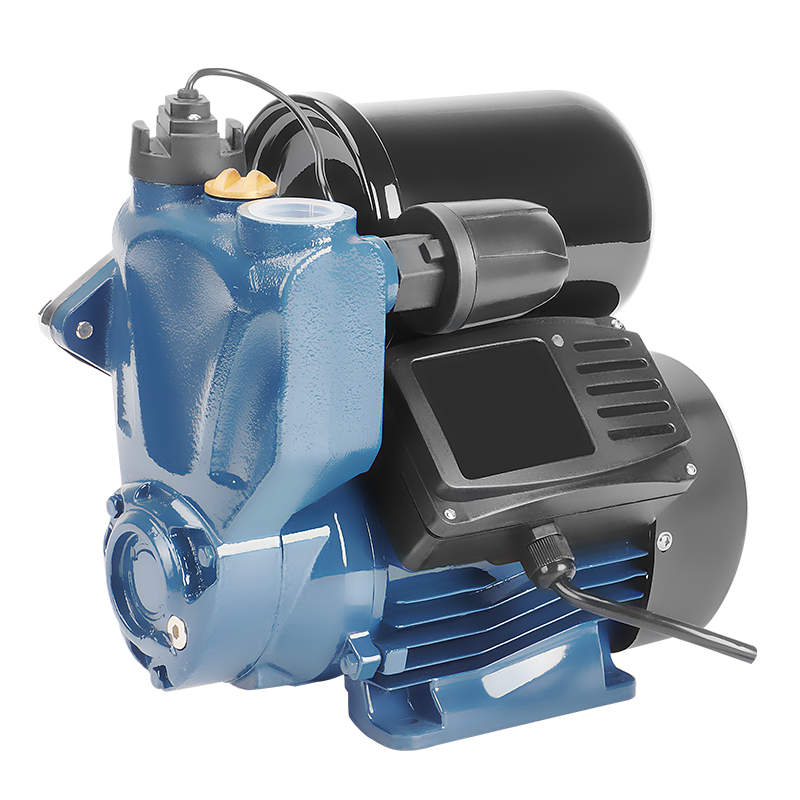 Domestic Pump
Domestic Pump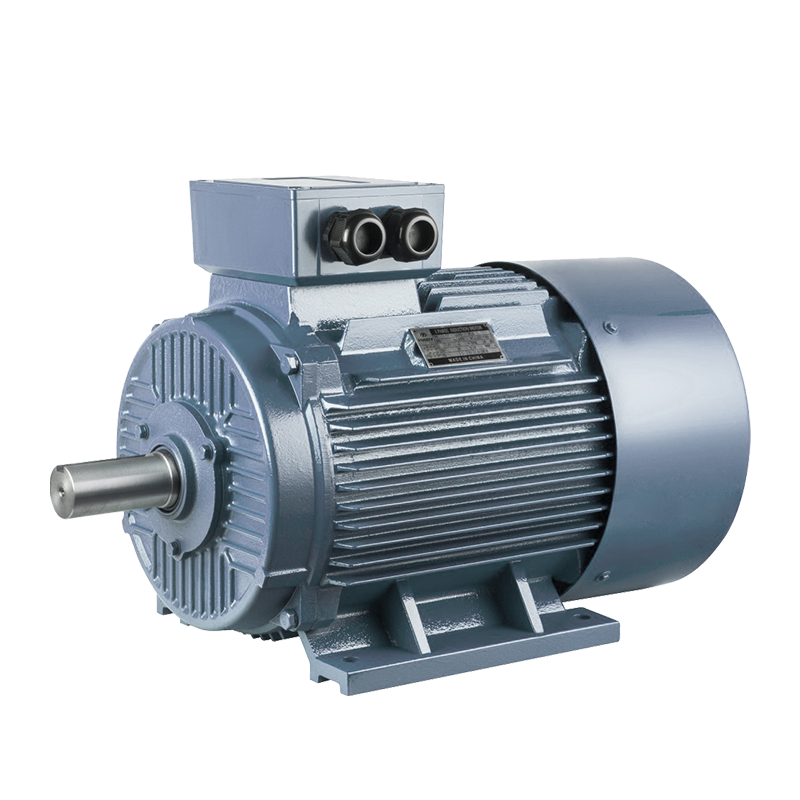 Electric Motor
Electric Motor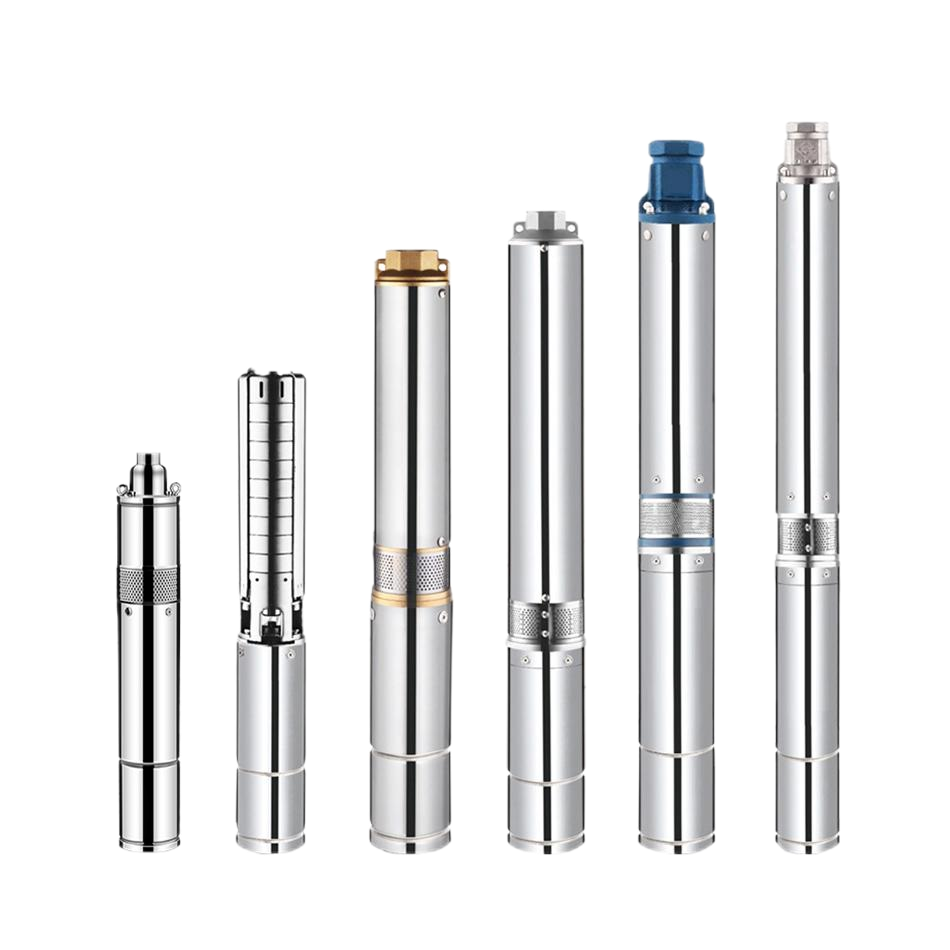 Borehole Pump
Borehole Pump




